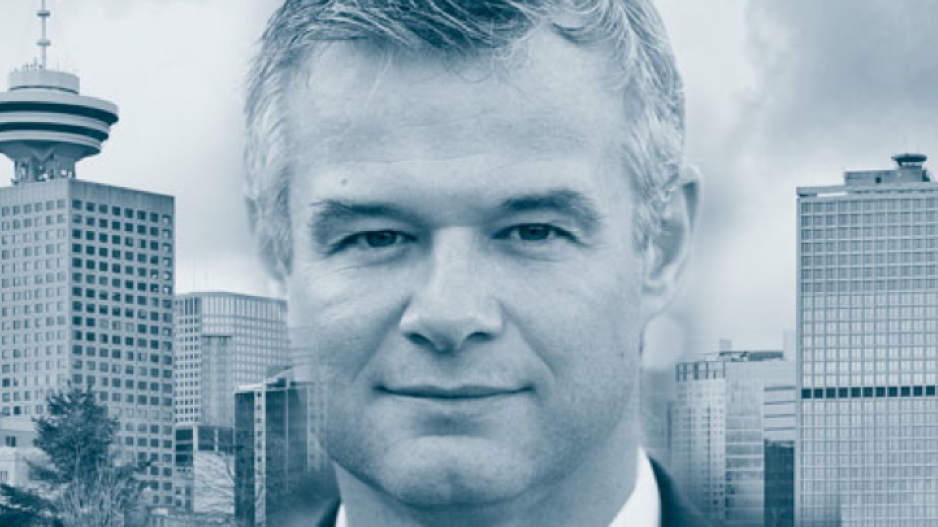Almost a year and a half after the great pandemic stock market crash and trillions of dollars of funding around the world, things seem to be a bit overcooked.
Economies are doing well and growing, but what matters for the market direction is the Delta (coincidentally) or rate of change of the direction. At this point, the rate of change of economic growth is slowing, hence we definitely have more risk in the markets.
It’s disheartening that in my field, big picture or macro thinkers don’t really pay attention to valuations, funda-mentals or any of the normal factors that tell us where we are going.
The only thing they really care about is how much quantitative easing (QE), money printing or support that the central banks are going to provide. That tells me that things are broken, stitched together only by the endless social assistance drug our society is now dependent on. Is it any wonder that the politicians feel they must hand out free money, and that we need more and more of it to maintain the status quo? All the parties have jumped on the giveaway bandwagon.
Interestingly enough, I think we are getting past the point of no return with entitlements and giveaways. In fact, the issues that all the political parties are campaigning for have been caused by money printing, low interest rates, easy money and whatever else you want to call it. The solution many are proposing is more of the same, more giveaways and more easy money. This is akin to fixing your overextended credit card by endlessly increasing your credit limit. When you get past the point of no return, the easy money and QE must accelerate to keep the status quo, as we can never go back to fiscal responsibility. If we do, the whole system will collapse under the weight of the debt. At this point, consumers tend to give up and just vote for the party that promises the most giveaways. Can you blame the voters or the politicians?
I grew up in Baltimore, Maryland, and, when I was a child in 1976, my dad took me to the docks one day, where we encountered a Soviet ship. After taking a tour, we were invited to come back to the ship every day for three weeks. Thought-provoking political discussions were not easy around the ship, what with Cold War-era KGB officers listening. We learned a lot, though, away from the ship as the sailors discussed their system and scoffed at its supposed benefits. In Vancouver in 1991, my dad and I did a similar thing with a Soviet/Russian ship. The discussion was so different from 1976, but the conclusion was the same as to why the system failed. People must have incentive. Without incentive, who can blame people for voting for the party that promises the most giveaways.
“The government pretends to pay us, and we pretend to work” was the quote that struck me the most from our last Soviet encounter.
In reality, the central banks of the western world, including Canada, are boxed into a corner. They can’t let interest rates increase, which means they will have trouble ever really getting rid of QE. If they don’t stop, the debt bubble will get ever larger and larger, meaning they will be boxed in more.
It’s a fine place we are all in. Now the question you really want answered is what can you do to protect yourself. In my humble opinion, the place to be will be areas like commodities and hard assets, similar to the beginning of this millennium or in the 1970s.
Stagflation is a real possibility in a similar but different way than the 1970s. As they say, history doesn’t repeat itself but it rhymes. Stagflation could take the shape of slightly elevated inflation, nothing crazy, but a low level of economic growth. It doesn’t have to end like the 20% yields on bonds in the early 1980s. Luckily we live in Vancouver, and mining- and commodity-related investments are what we do best; the city does well when commodities are in vogue. •
The view and opinions contained in the article are those of the author, not Raymond James Ltd.
Bob Thompson is a financial adviser with Raymond James Ltd.




